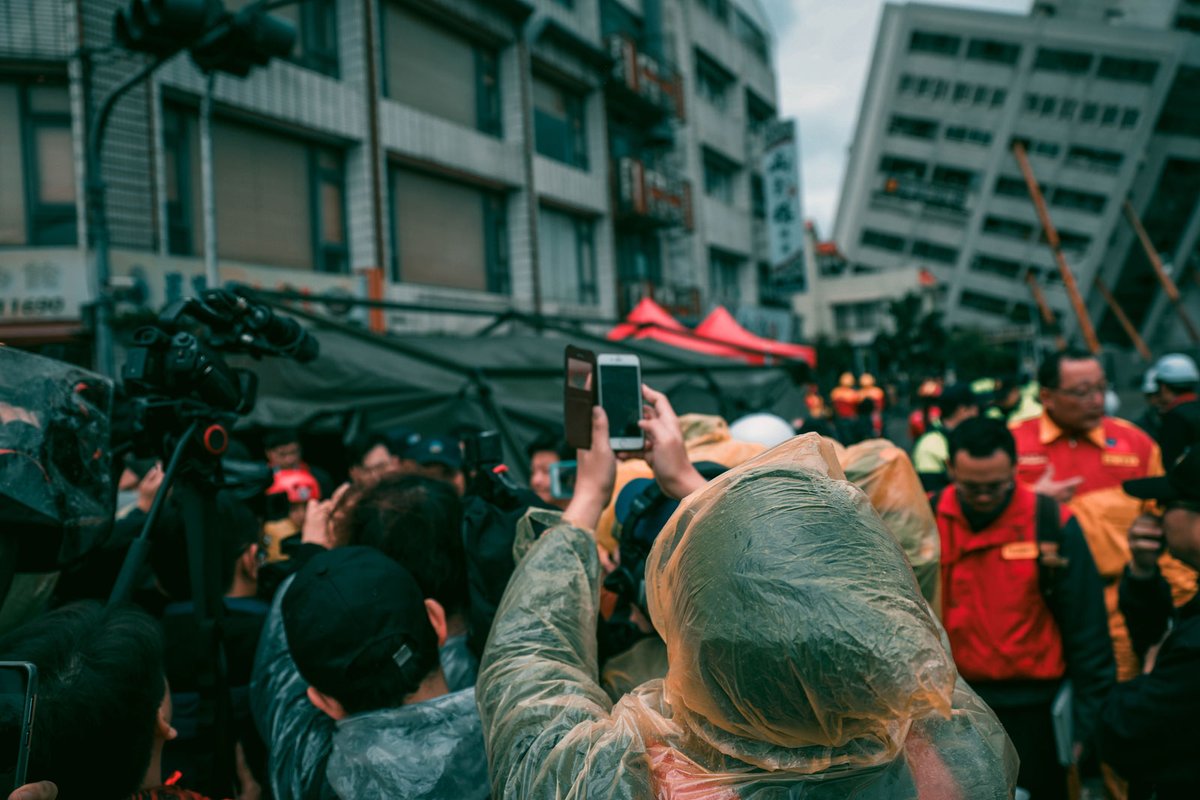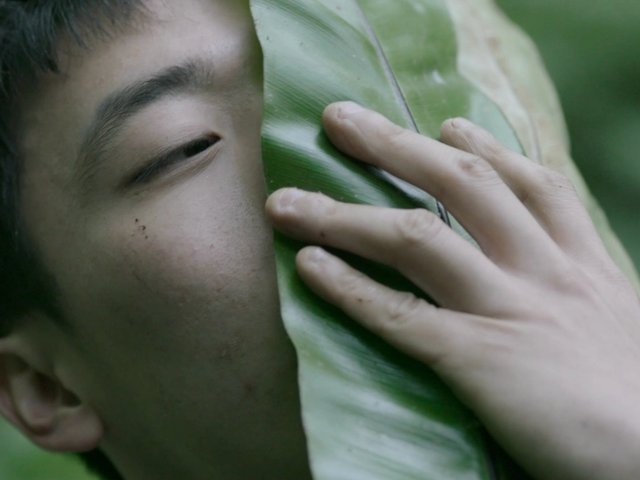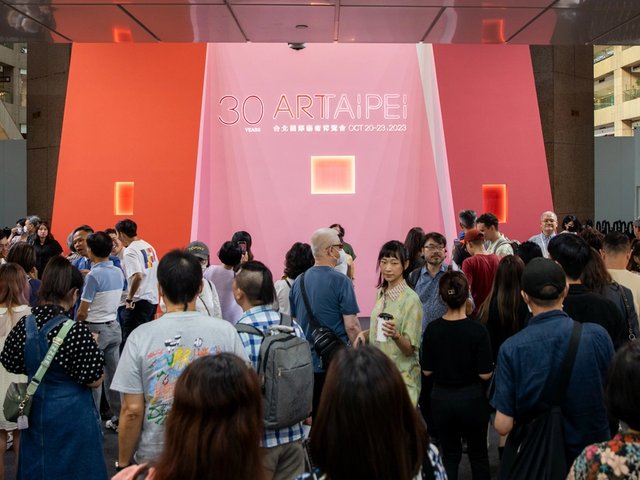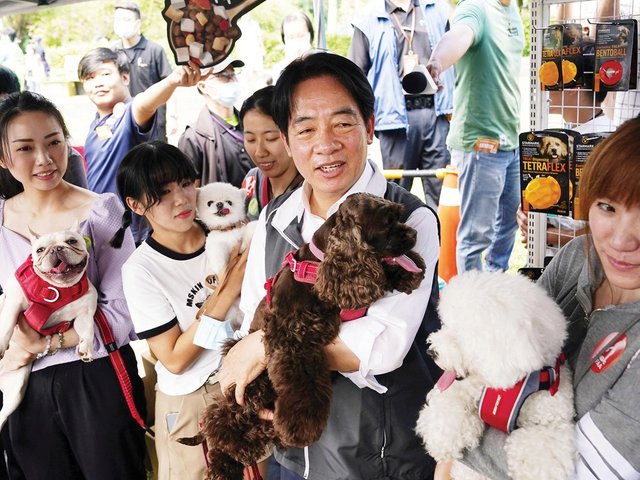The landslide reelection of the Taiwanese president Tsai Ing-wen on 11 January solidifies a cultural shift in the island nation that has been gaining ground over the past few years.
She looks set to continue policies begun in her first term to professionalise the cultural sphere under Minister of Culture Cheng Li-chun. The ministry of culture has stated that its primary goal is to improve cultural governance in support of artistic freedom, and has implemented a pragmatic package of policies. The independent curator and advisor Hsieh Peini says: “Cheng oversaw the promulgation of Taiwan’s first museums law,” which facilitates recognition for private museums and standardises practices for state projects. Her department has shepherded new state institutions such as the Taiwan Contemporary Culture Lab (C-LAB), an experimental exhibition space established in a former Taipei military site in 2018. “She has also brought about a 70% increase in culture spending. The constitution says 3% of government spending should be on culture, it was 1%, now it is almost 2%.” In 2018 she secured $60bn NTD ($2bn in support for content creation, on top of a $40bn NTD ($1.3bn) existing budget, according to the Taiwan Gazette; last year she earmarked NT$10bn (US$318.27m) to create the Taiwan Creative Content Agency, tasked with promoting Taiwan’s cultural brand globally.
“I advised the government to be more open, and to institute zero tariffs on art. It has succeeded for pre-sale imported art, at least,” for Taiwan-based dealers, Hsieh says, a measure that the art world has lobbied for since 1989. “This year they also started accepting international art insurance,” Hsieh continues. A downside, she adds, is that many culture boosting legislators on the Kuomintang side lost seats this year.
Meanwhile, key posts such as the director of the Taipei Palace Museum and the Taipei City Cultural Bureau have experienced high turnover. Hsieh says: “Now the goal is to get the government to open a tax free art storage facility. We are not looking to profit from Hong Kong’s crisis, but rather defend our cultural heritage together. These are things Taiwan should be doing anyway. We are inspired by the Hong Kong crisis but not limited to it.”
For artists, though, the political impact is palpable. “What’s happening in Hong Kong has made global issues personal”, says the curator Huang Chien-hung, who is also an associate professor at the National Taipei University of Art. “Now they are thinking about how China might impact their lives, and see themselves within what happens in Hong Kong.”
Thousands of Taiwanese work at all levels of the mainland art industry and say they feel stuck in the middle but unable to speak out publicly. Many of Taiwan’s artists are nervous about exhibiting in a China that restricts how they self-identify, especially after the complete expressive freedom enjoyed in Taiwan. Taiwan remains a vital place to exhibit for more critical and political artists from the mainland and Hong Kong, as their own censorship regimes intensify, but that role is hampered by the mainland’s ban on travel to the island by individual Chinese.
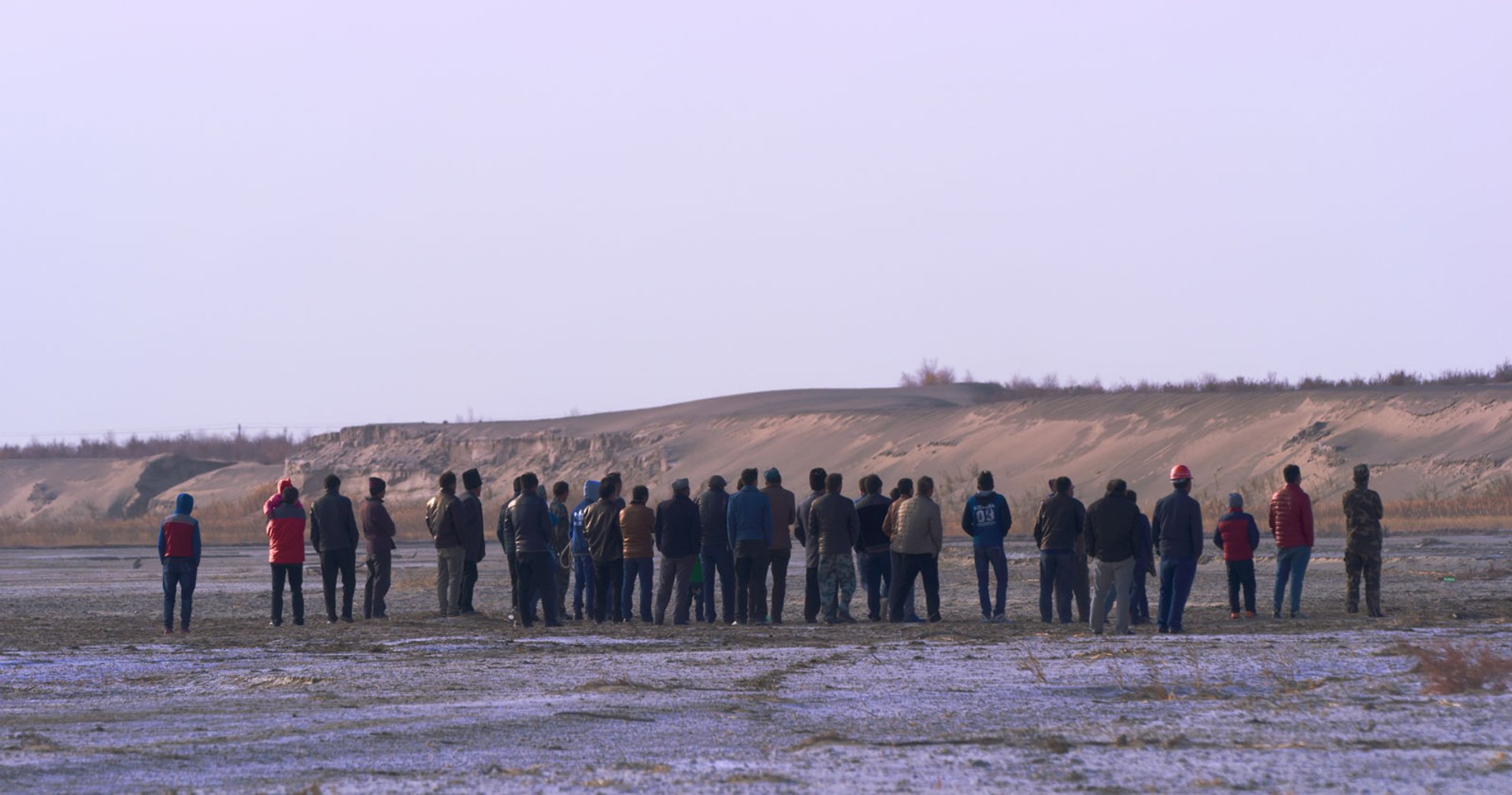
Zhou Tao's film North of the Mountain (2019) is set in Xinjiang where the Chinese government has interned around a million Muslims © the artist
Huang’s current exhibition at Taipei Moca, Co/Inspiration in Catastrophes, includes the film North of The Mountain in which the Guangzhou-based Zhou Tao secretly documented the sense of desolation in Xinjiang, where the Chinese government has interned around a million Muslims. Huang observes that Taiwanese audiences now have limited interest in engaging with mainland nuances, and while the population of art students from the mainland has dwindled.
While the One China Policy, in place since about 1972, forces countries to chose between diplomatic relations with mainland China or Taiwan, the latter’s government has long relied on cultural and scientific exchanges as a way to bolster its international standing. “The ultimate goal for Taiwan is intellectual freedom, and to determine its own future,” says Li-chen Loh, the director of the municipal government-backed Museum of Contemporary Art Taipei. “Taiwanese art has to be political, with this environment. Taiwan is a very important democratic centre, and its art must address global issues.”


